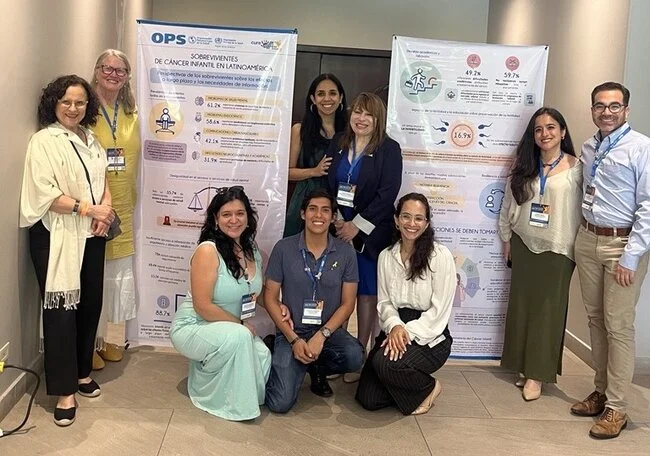
Mental Health and Access to Information on Late Effects: Challenges for Childhood Cancer Survivors in Latin America
How did your country report this? Share your view in the comments.
Diverging Reports Breakdown
Mental Health and Access to Information on Late Effects: Challenges for Childhood Cancer Survivors in Latin America
The Pan American Health Organization (PAHO) and strategic partners presented the results of the first collaborative study describing the current situation of childhood cancer survivors in Latin America and the Caribbean. The study collected data from survivors across 20 countries in the Region and was presented during the Regional Meeting of the Global Initiative for Childhood Cancer (CureAll Americas 2025) Nearly nine out of ten respondents (88.7%) stated they needed more guidance on the late effects of treatment.
The study, titled Childhood Cancer Survivors in Latin America: Insights into Health Outcomes and Information Needs, was published this week in the scientific journal Pediatric Blood & Cancer, in observance of Childhood Cancer Survivors Month. It represents a milestone in the region, as it systematically documents the living conditions, unmet needs, and specific challenges faced by those who survived cancer during childhood or adolescence.
One of the most striking findings is the critical gap in access to mental health services: although over 60% of participants reported symptoms of anxiety or depression, only one in three had received professional care , — mainly due to barriers in accessing medical services. Another alarming finding is the lack of medical information available to survivors. Nearly nine out of ten respondents (88.7%) stated they needed more guidance on the late effects of treatment.
The study also highlights an often-overlooked issue: infertility as a late effect of cancer treatment. Approximately 16.9% of survivors reported experiencing infertility, yet many stated they had received little information about fertility preservation options.
“This study provides key evidence that should drive public policies and care models that recognize survivors as a public health priority. Surviving cancer is just the beginning—we must ensure a full and quality life for those who went through this disease in childhood,” said Liliana Vásquez, Childhood Cancer Technical Officer at PAHO.
